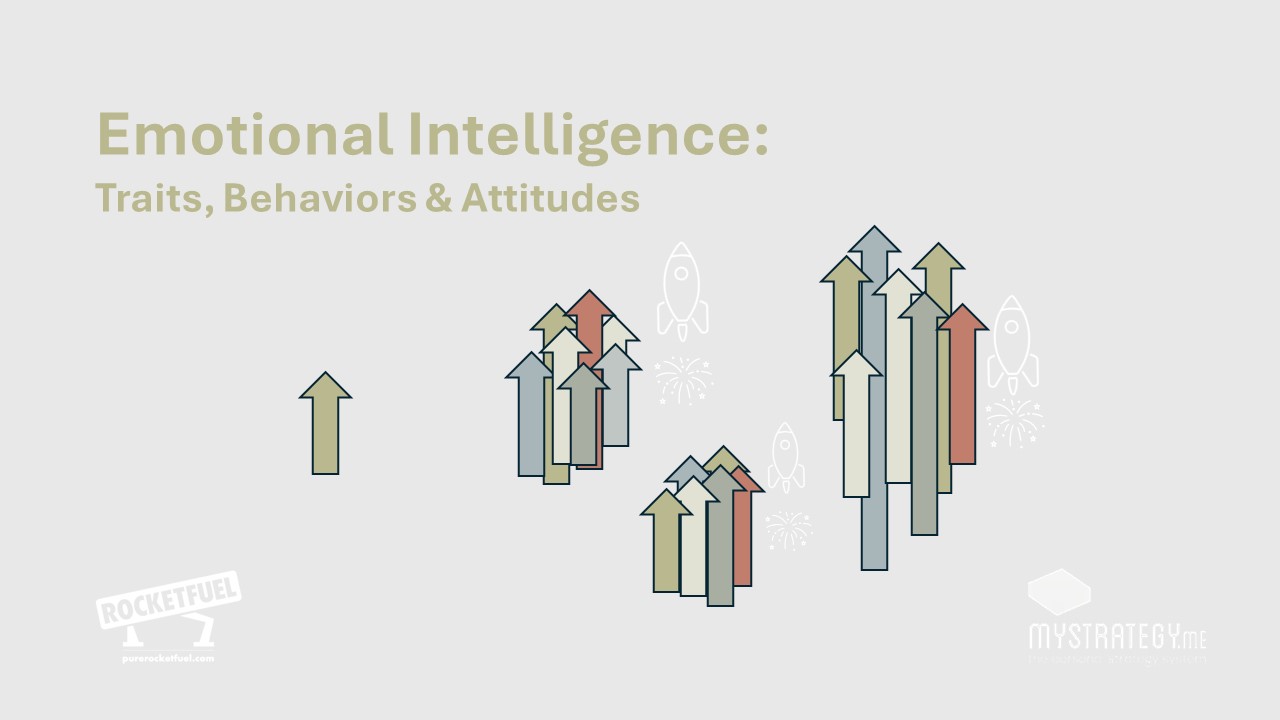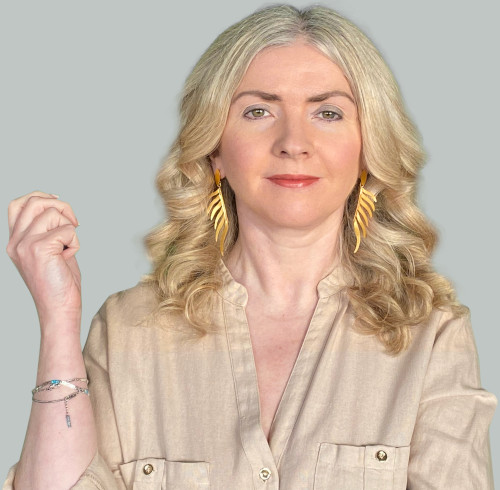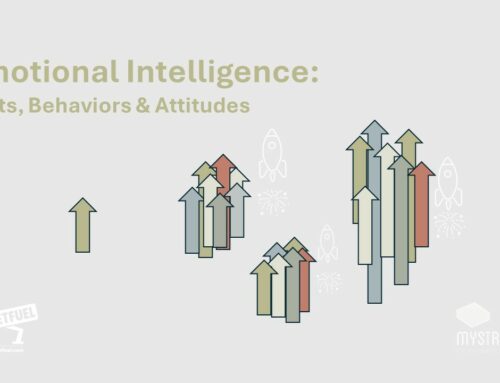
Check that an ‘Oops, I did it again’ style of politeness isn’t doing you a disservice, suggests Leadership & Performance Coach, Davina Greene.
What is Politeness?
Very quickly, we decide who is polite and who is not – and it sticks.
Defined by Politeness theorist (yes, they exist) William Foley as “a battery of social skills whose goal is to ensure everyone feels affirmed in a social interaction”, essentially everyone is in the business of saving face, with a truly polite person being mindful of the other person’s sense of ‘face’, too. Sounds a lot like the ‘win-win’ scenario we learn about at Assertiveness training, doesn’t it? And so it should.
Impoliteness comes in many guises. Worse still, subgroups of us will hear or see something different in the exact same sentence or behavior. The offering of a gift, a compliment, or unrequested help may inadvertently conjure up the notion of a ‘debt’. The lack of a ‘thank you’, a refusal to accept an apology, or broken promises will likely do you no favors – likewise boasting, interruption, or simply not listening in the first place. The expression of disapproval, complaint, or challenge can be viewed as impolite, especially when aimed at an individual rather than, say, a concept or idea. The discussion of certain topics, or the mere expression of emotion can, as we all know, cause some to recoil in horror.
Is ”Saying No” on this list? “Pushing back”? “Negotiating?” No! “”Disagreeing”? No! “Endlessly saying No” or “Actively causing arguments”, perhaps. “Never returning help or favors”, indeed. But you are, believe it or not, allowed to respond to, or help, other people on your terms.
How, then, can we ensure we are being polite in a way that is reasonable, universally recognizable, and avoids turning us into fodder for the ‘predators’ who lurk around us?
How To Employ ‘Reasonable’ Politeness
First, do you know the roots of your opinions? The more you have considered opposing opinions before settling on yours, the more understanding and exploratory, and less confrontational, you will be around someone who sees things differently
Next, do you have a strategy, a personal priority list, and are you adequately invested in it? Don’t become a doormat for people who have spotted that you’ll be a great help to them in getting their plans up and running, and who have also conveniently spotted that you don’t seem to have any alternative plans of your own. Having tasks of your own to get back to will help you appreciate that other people do, too, ensuring that you act considerately when engaging others.
Finally, spot your own ‘politeness bad habits’. You’re staying late because your team stay late? Because, as their manager, it would be rude to leave when they’re still working? Hmm. The right response? Your work is done: go!
We hold a healthy sense of politeness when we have been taught the concept well and apply it in an effective way. Intellectually, people realize very well that things such as age, gender or role do not mean that a certain subgroup of people are always right, or higher priority. Behaviorally – especially if brought up in a “Do what you’re told” or “Respect your elders” environment – we often remember this after we’ve done the favor or changed our intended path. Intellectually, people realize that boys are continuously allowed to “be boys” in a way that allows them to practice cheeky refusal and negotiation from childhood, unlike their female counterparts. Behaviorally, however, it is difficult to stop an age-old habit of treating the genders differently.
Who would be shocked if you said No? Who would be surprised at a conflicting opinion from you? Honesty is not impolite, nor is holding to one’s own plans. Politeness never means sacrificing your time and energy to other people, or compromising your own beliefs, without question. Expressing politeness is easy if you like people, and if you care whether they like you, too – but just remember, ‘firm but fair’ is polite, too.
Hold firm to your personal strategy. Employ emotional intelligence, and insist on it from others. Assume your starting position is in pole, until proven otherwise. Nobody else is going to do it for you!
But can you switch off your Politeness Autopilot for long enough to try it?
Politeness: Points to Consider
- Where are you on the politeness scale of 0-100? (Remember, you can be too polite!)
- How comfortable are you with low-level challenge? With intense debate? With all-out argument?
- How comfortable are you with putting your needs before someone else’s?
- During an interaction, do you see it as your job to keep the other person happy?
- Before making a decision, do you overthink what others’ will think of your choice?
Interested in investing in your own personal – and personal strategy – development? Check out www.MyStrategy.me!
Share This!
About the Author



